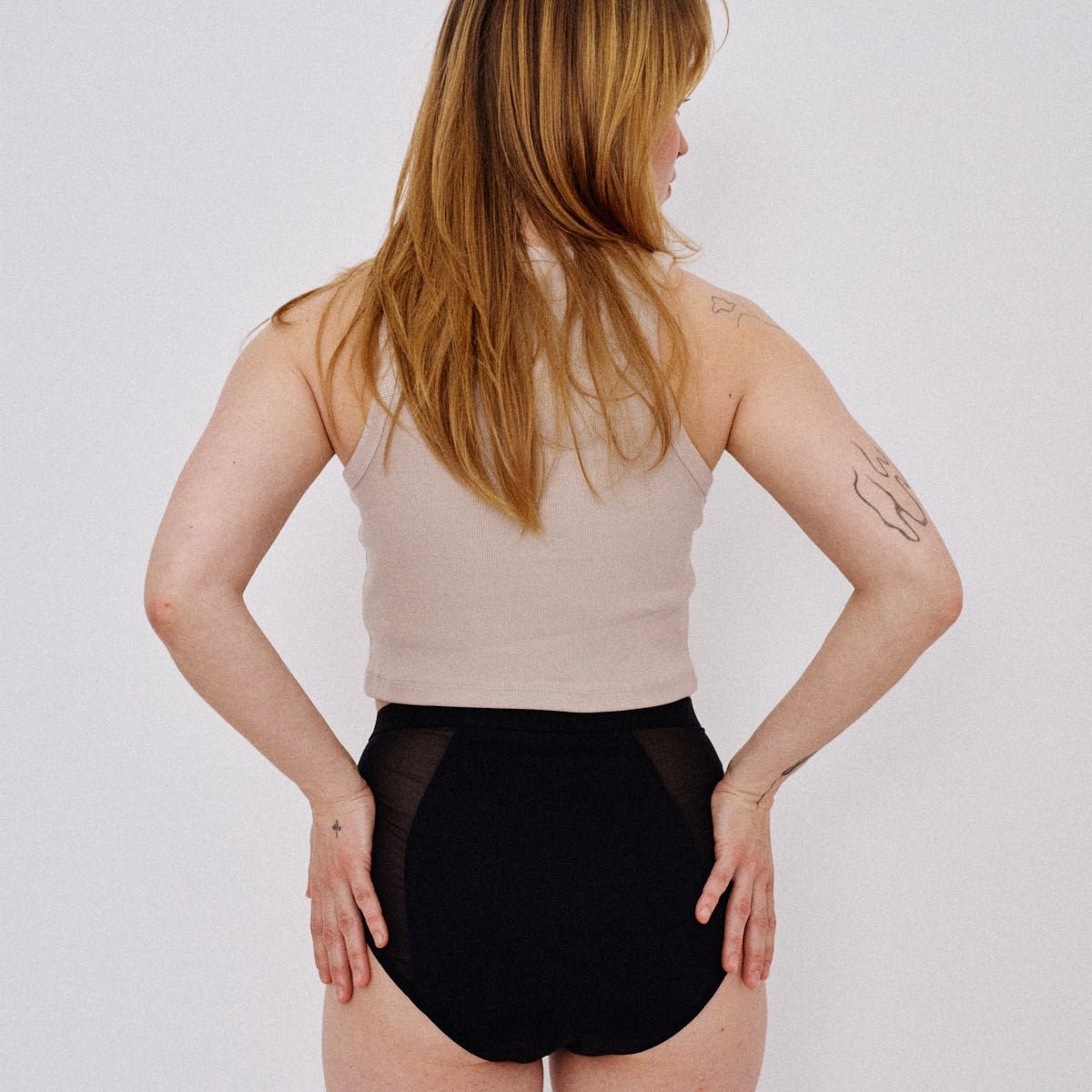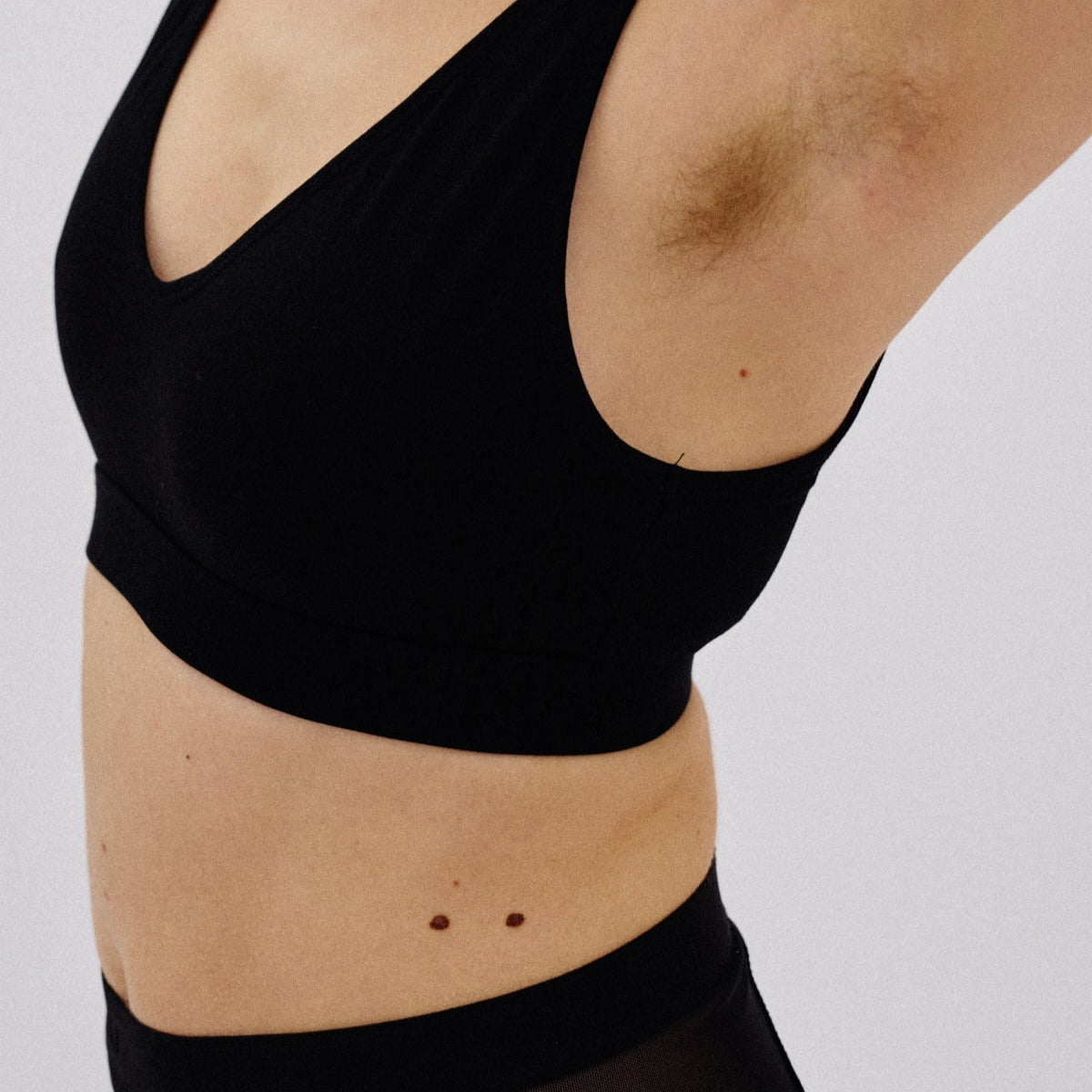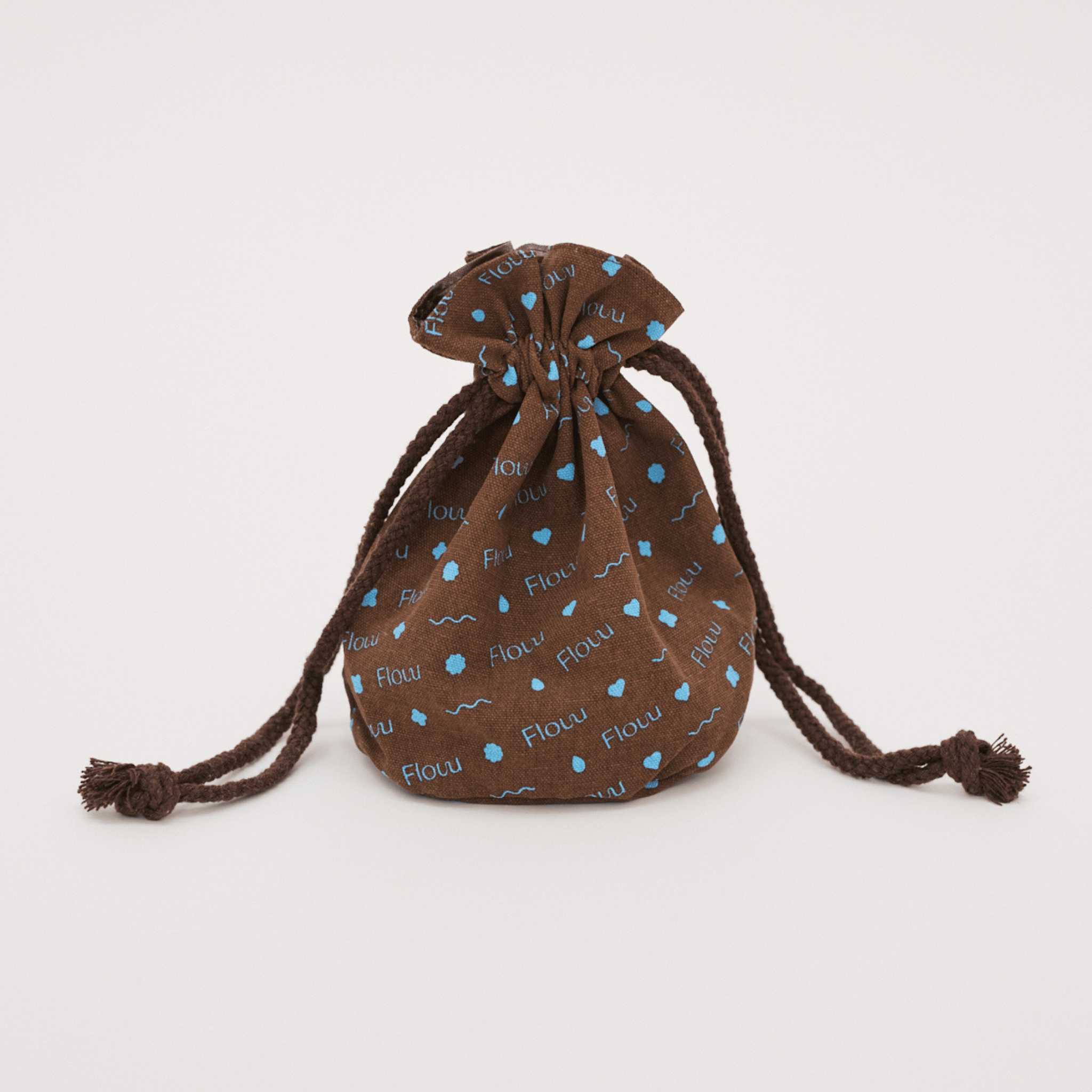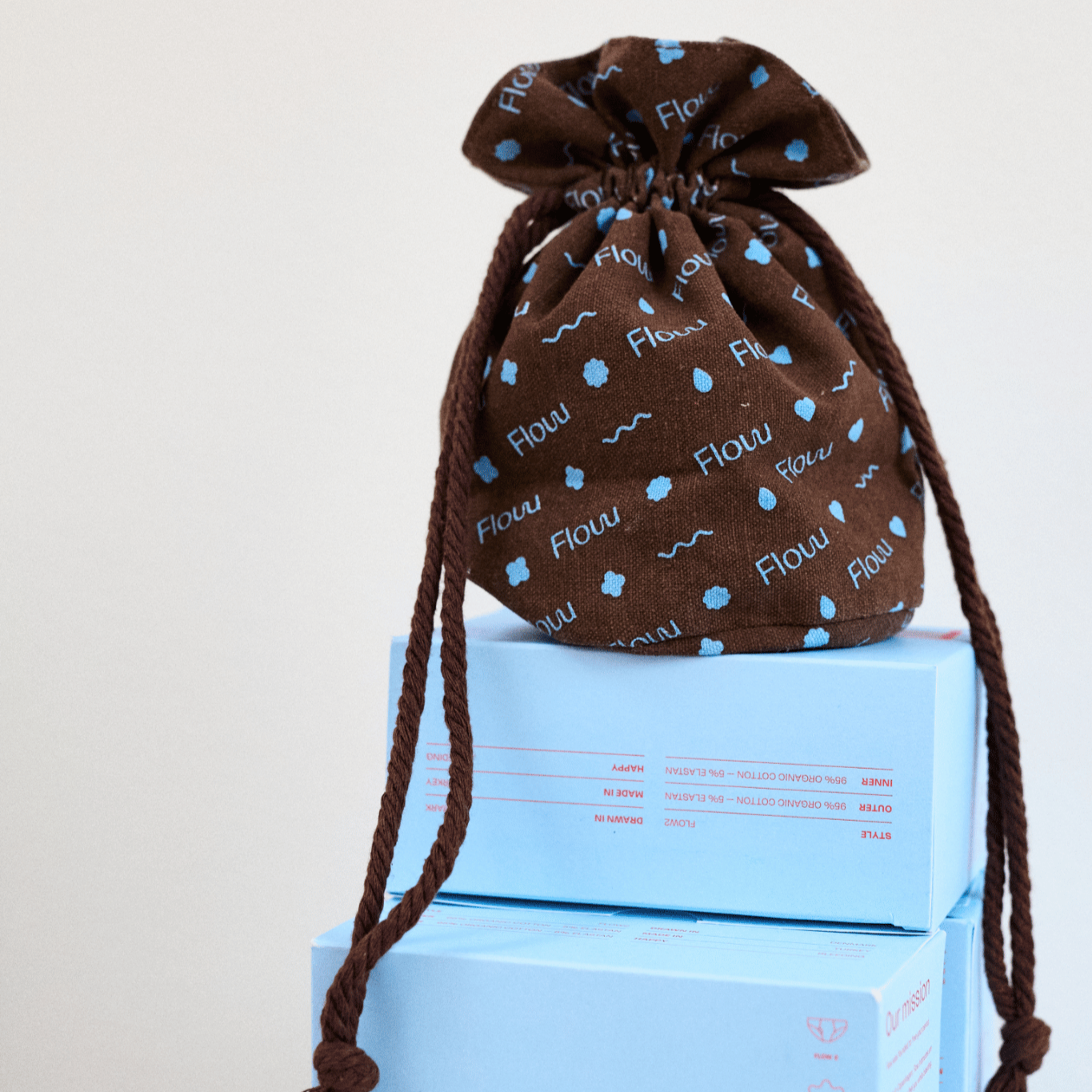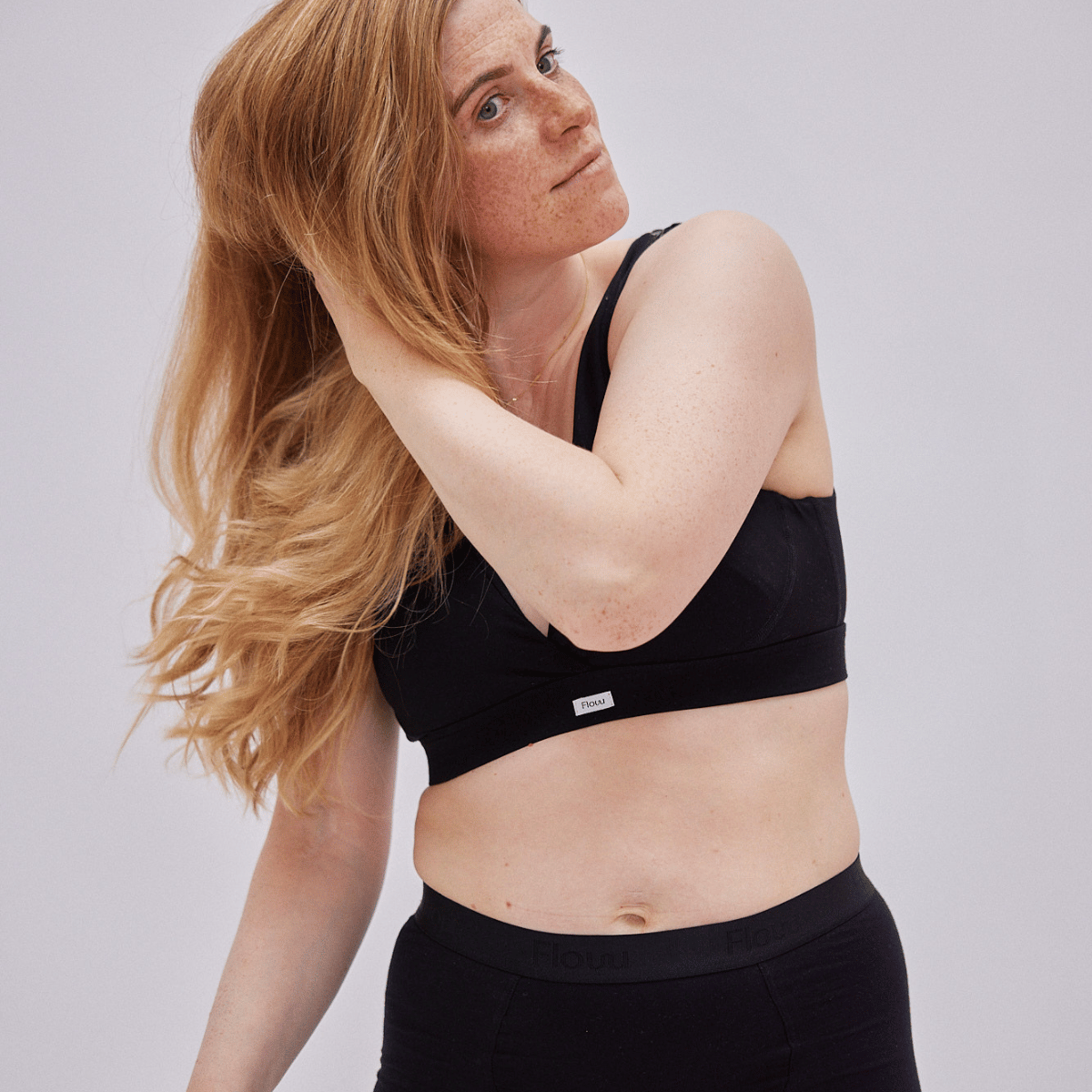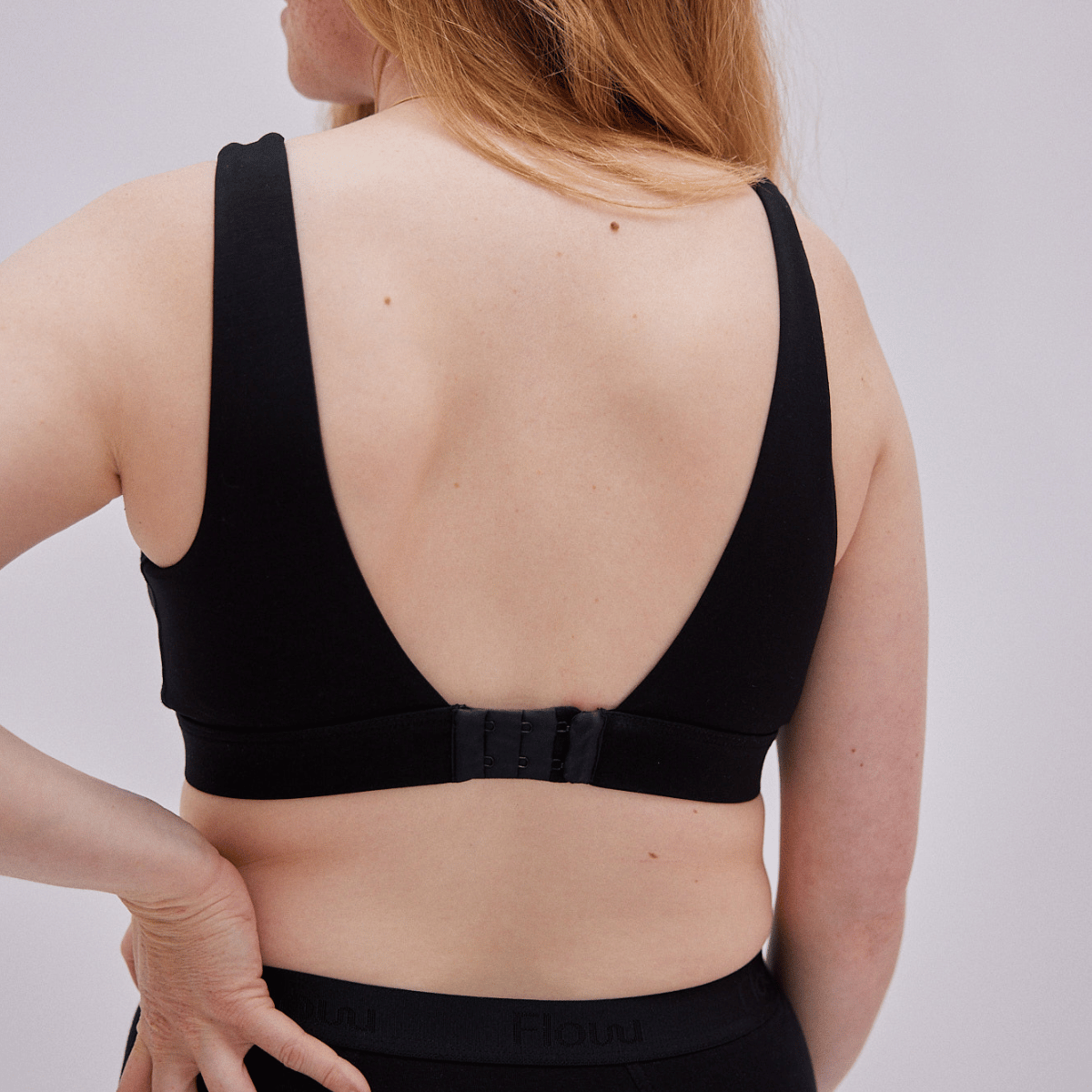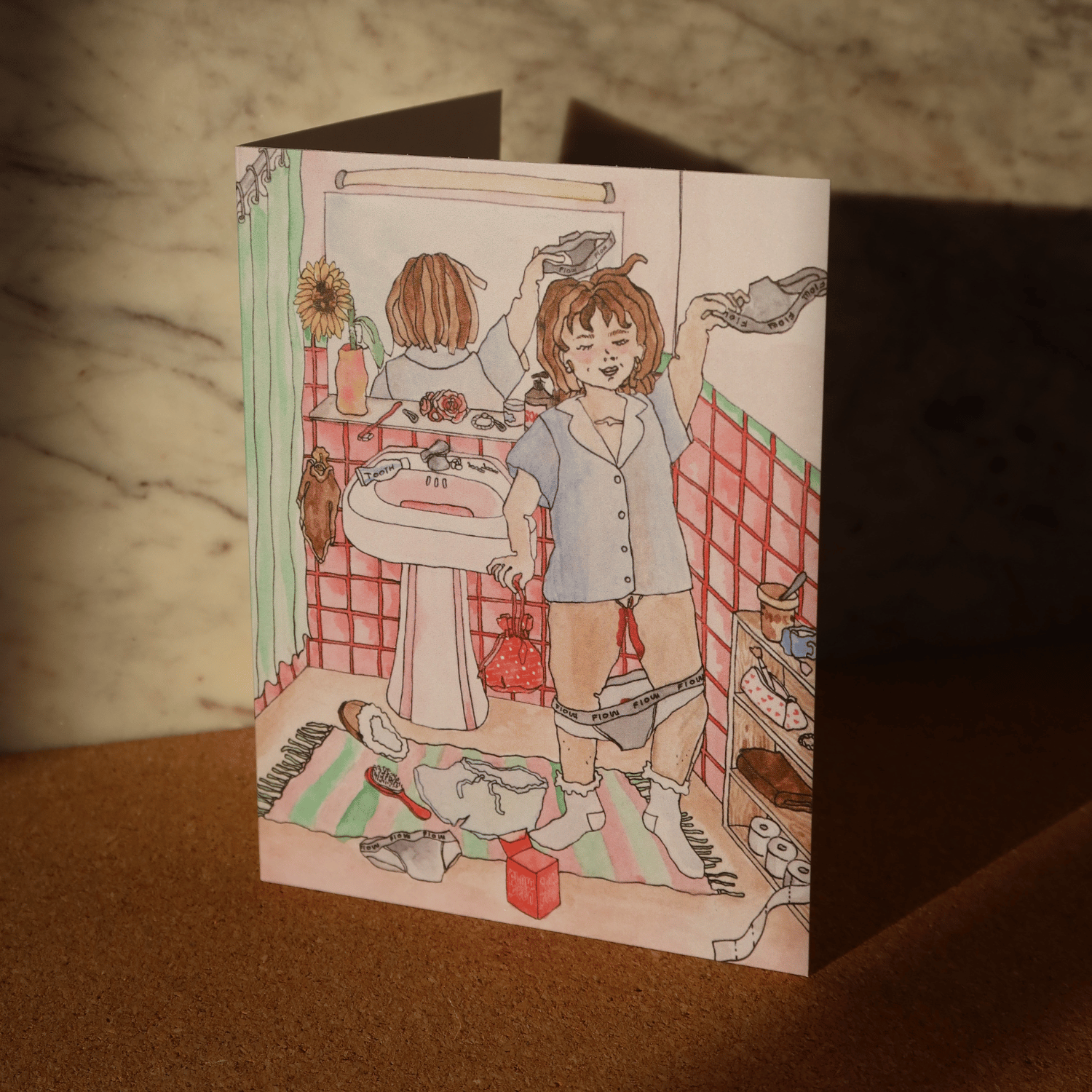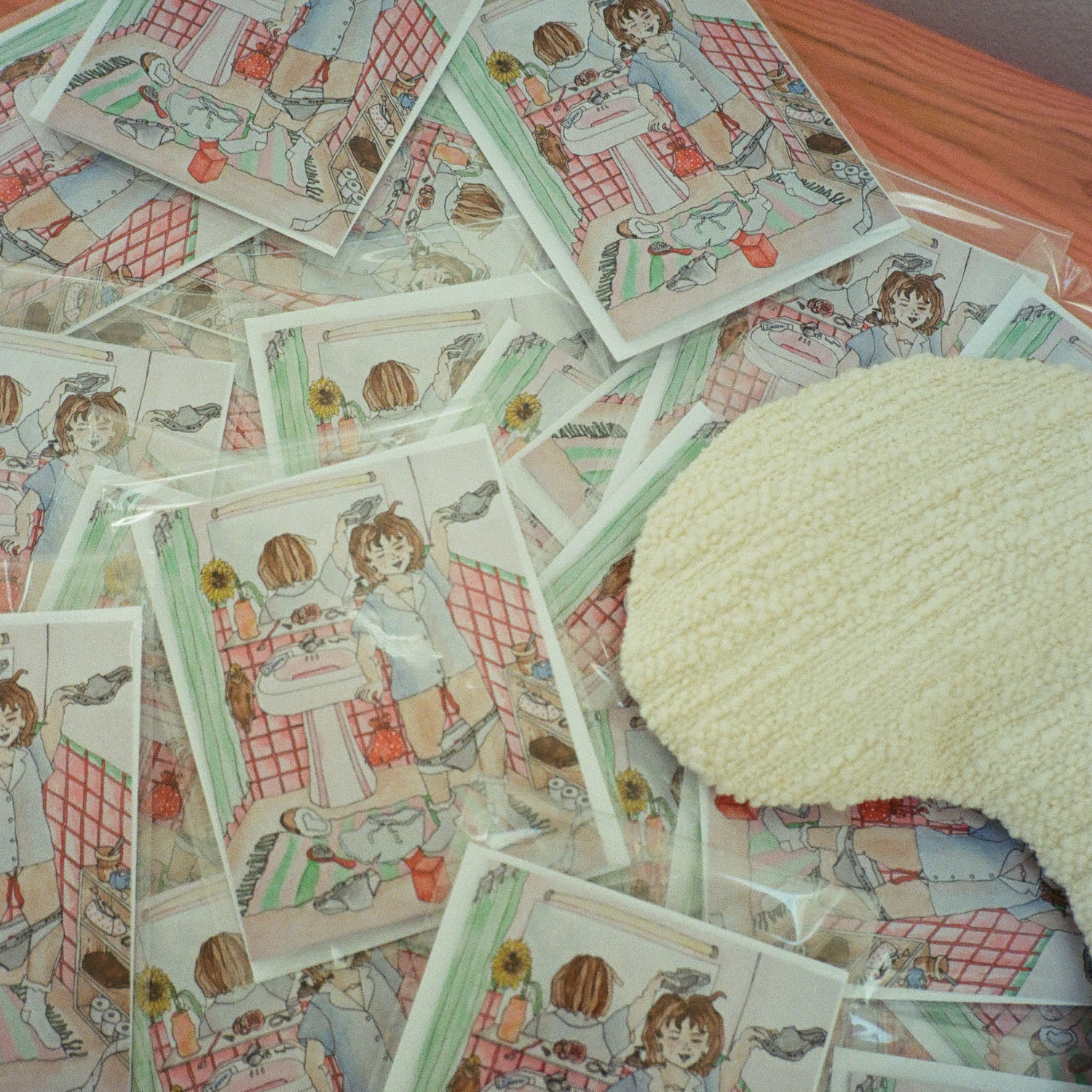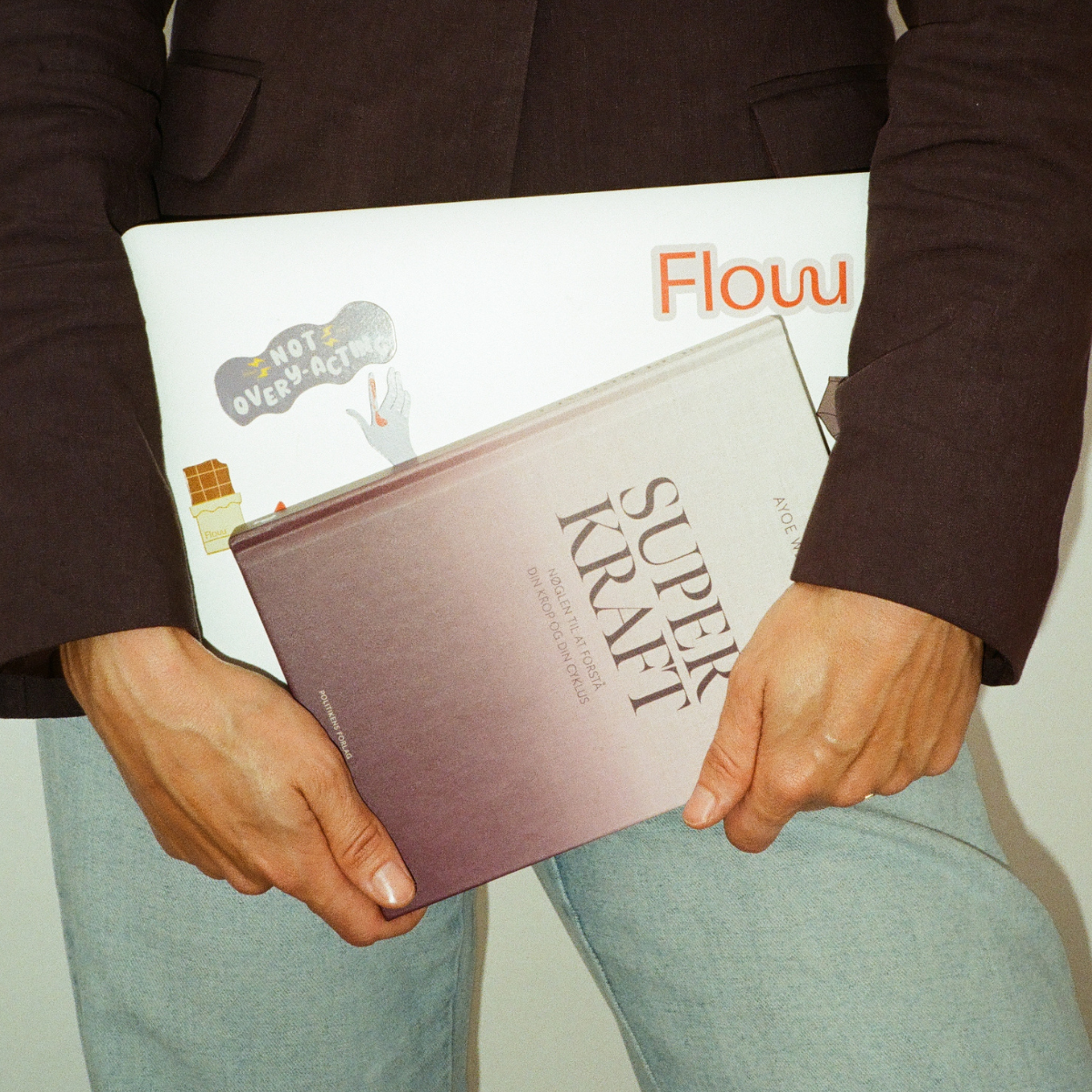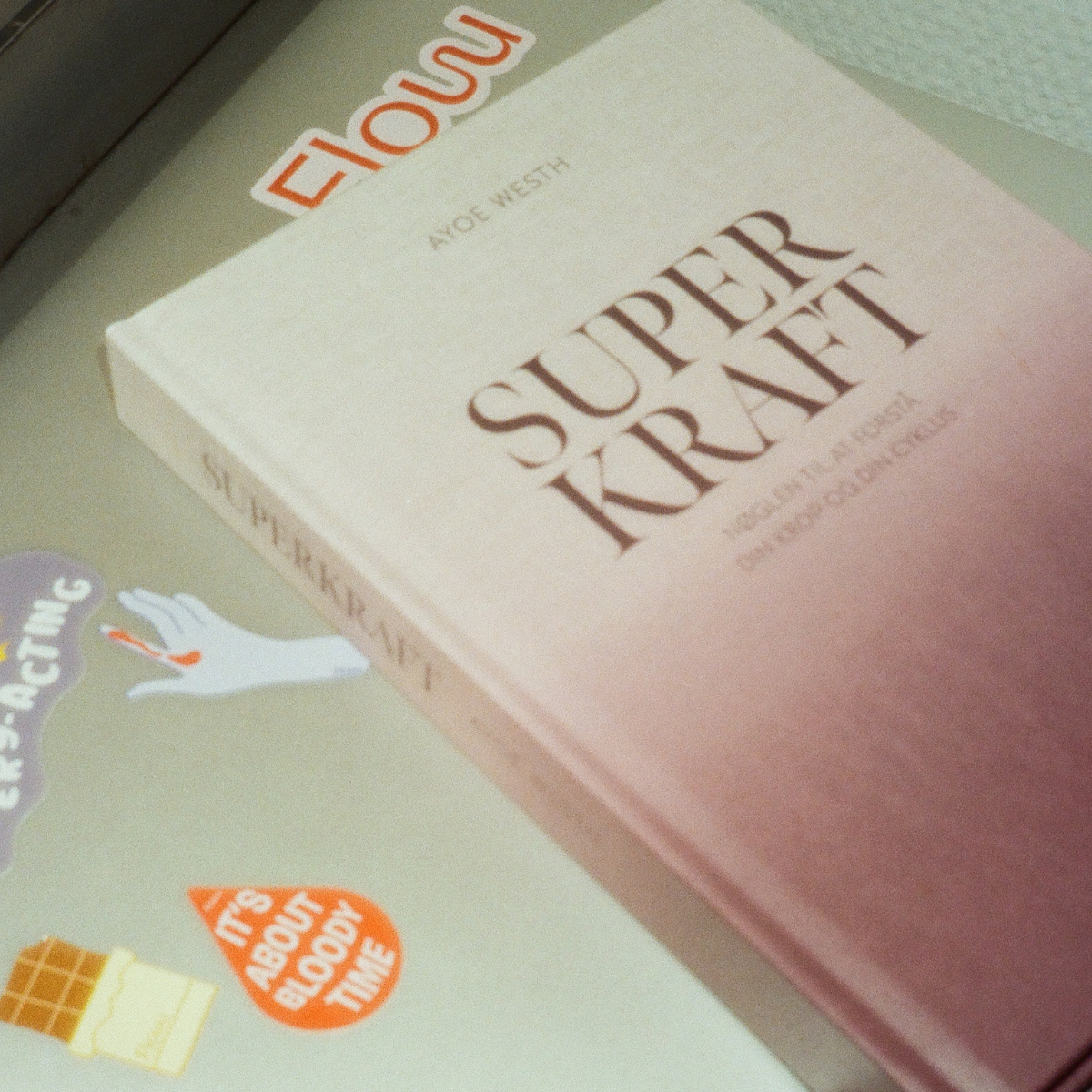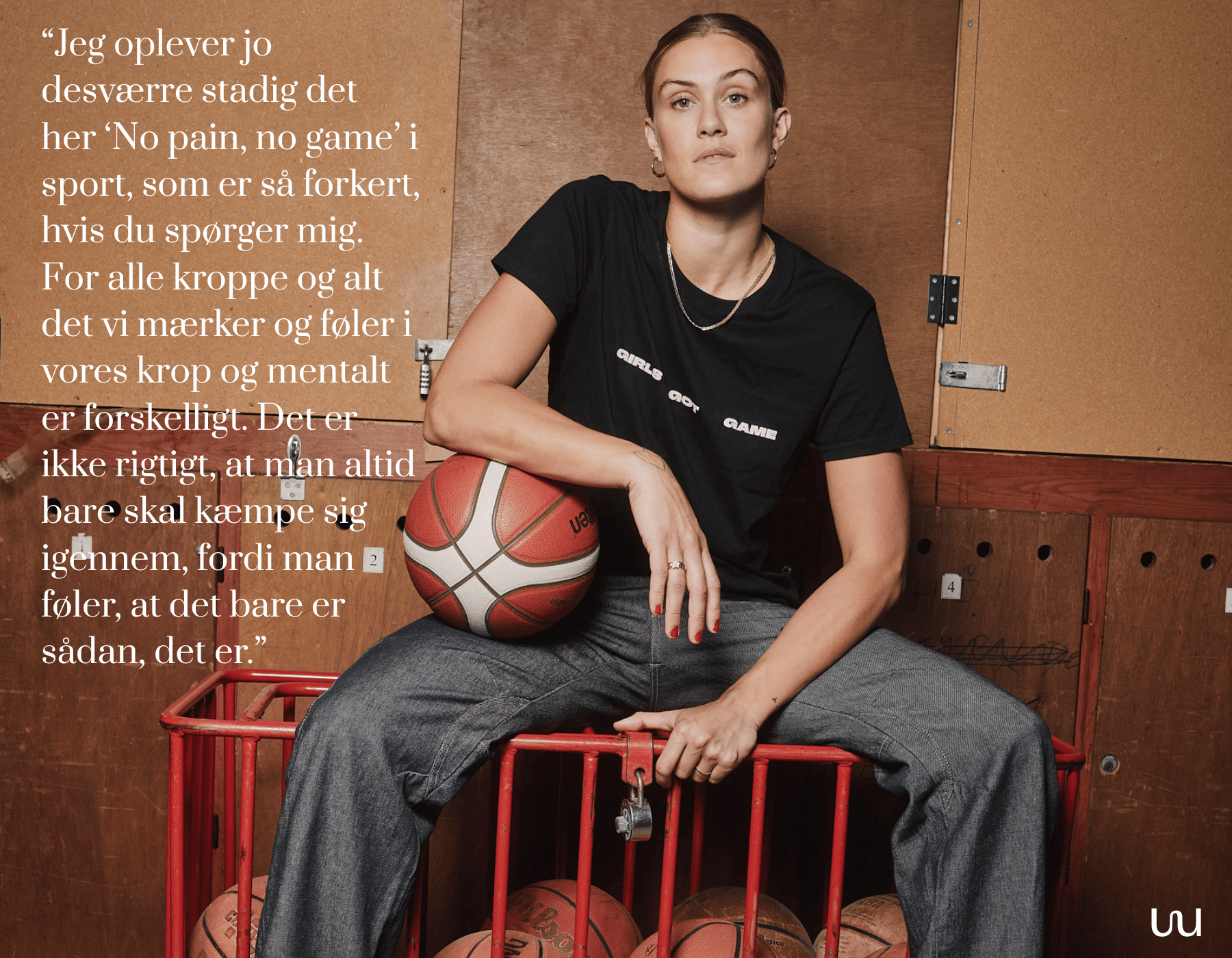Dear Dad: 5 Things All Dads Should Know About Menstruation

Author: Emma Libner
When your child gets their first period - also known as menarche - it can be a big change for them. Menstruation not only brings a new cycle and a body to get to know all over again, which can be a bit overwhelming in itself. Your child also suddenly has to learn to navigate a new identity, where she may not feel quite like a child or an adult yet.
That's why it's crucial to get the right help and advice - not least from the father. Because even if you, as a father, don't menstruate yourself, you're certainly not ruled out of this important chapter in your child's life. On the contrary, you can play a crucial role in ensuring that your daughter has a safe start to her menstruating life - something we ourselves would have wanted when we were younger.
So here, dear father, are our 5 best tips on how you can support your child around her first period:
1. Be prepared and well-informed
Our first piece of advice may be obvious: Read up on your homework so you can pass on your knowledge to your child. Many fathers may think that they have little to contribute because they have not experienced menstruation themselves. Fortunately, the lack of physical experience does not stand in the way of reading up on the basic facts so that you can answer any questions that may arise and give your daughter the support she needs. We can highly recommend the book “Det er bare blod” by Louise T. Sjørvad and Jette Sandbæk, which you can also read together with your child. Remember: The more you know about menstruation, the better you can be there for your child when it is her turn!
2. Listen and ask questions
If you haven't been in the habit of talking openly about your body at home before, the time around her first period is an ideal time to do so. So think about how you can help create a safe atmosphere at home where your daughter feels comfortable talking about her period out loud; ask her how she's feeling, and be ready to listen without judging or interrupting.
In short: Let your child know that menstruation is a completely normal topic that she can talk to you about whenever she needs to. Your openness and genuine curiosity can make a huge difference in how your child experiences her period (and not least her relationship with you!) - a gift that she can take with her for the rest of her (menstruating) days.
3. Be practical and supportive
Who said a practical dad can't shine when it comes to getting the house ready for his daughter's first period? In a very practical way, you can make sure that there are always menstrual products in the house for when your child needs them. Put them where they are most accessible - for example, in a basket in the bathroom (if you're the DIY type, you can also build a shelf for pads and tampons from scratch, which can become a joint project at home. You know what they say: Only your imagination sets the limits!).
However, always remember to ask your child what products she needs before you go out and grab the first and best thing from the supermarket shelves, and make her answers part of your normal shopping routine going forward. By taking care of the practical aspects of your child's period, you show that you are a support in her daily life - even when she is bleeding.
4. Always focus on your child's needs
The first period - and the many periods that follow - can be a challenging period for your child. Although you want to help, it is important to point out that sometimes the best help can be to give your child space. Our fourth piece of advice is therefore quite simply to respect your daughter's need for privacy and not to press her with well-meaning jokes and period facts if she says no, or you can sense from her that her needs are different right now.
Also, remember that the many new hormones racing through her body can affect your child's mood, so try to be patient as much as possible and give her the space she needs. The most important thing is that she knows that she can always come to you when she's ready.
5. Share your concerns and experiences with other parents
Finally, it can be a great help for you as a parent to talk to others who are in a similar situation to you. This could be other parents in your child's class or friends with children your child's age. Put your concerns into words (when your child is not present) and create a space where you as parents can share experiences and advice together.
If your daughter is experiencing serious problems or concerns related to her cycle, it can also be helpful to seek professional help. For example, if your child experiences a lot of pain during her period, it is always a good idea to seek medical attention. Many people mistakenly believe that menstruation should hurt, but this is a myth! So be aware and don't hesitate to seek help.
So there you have it: Our top five tips for creating a safe environment for your child around her first period. We hope you feel equipped to guide her well through this exciting and at the same time a little overwhelming time in her young life. We're rooting for you, dad!



